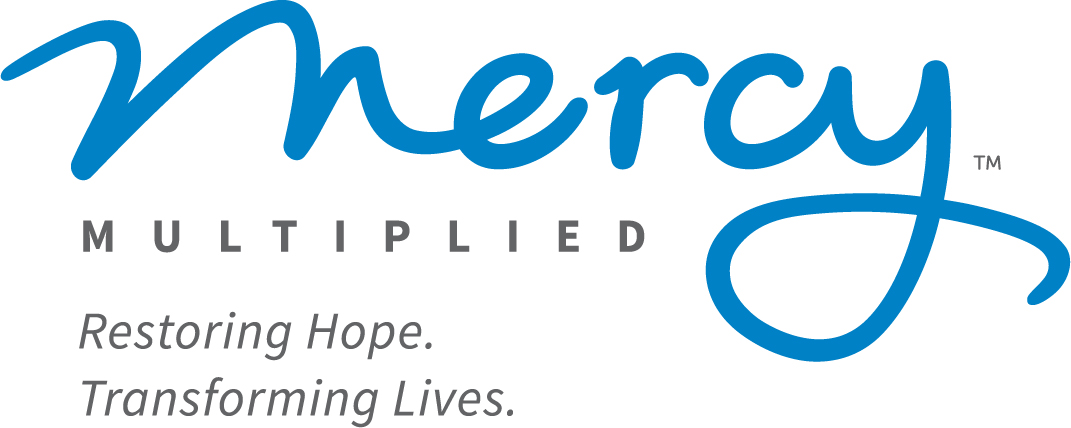The teaching “Do You Have Permission?” is from our Outreach Services. If you are interested in learning more about how to help others through difficult times, register for our next MPower Workshop!
You see it as clear as day.
The newest member of your small group has occasionally shared about their tendency to have “a few too many” drinks at night, typically jokingly as if it’s not a big deal. But a few weeks later, not only do they seem to be in a constant state of depression, but their marriage and their kids are starting to struggle. It’s obvious to you – and most everyone else in the group – that this person has some real issues. So what does a good Christian like yourself do?
Unfortunately, the all-too-common answer to this question is that you barge into the situation and share that it’s clear that they are struggling but not to worry because you’re there to save the day and help them solve all of their problems. But friends, there is a really, REALLY important question that you have to ask before you say a single word, a question that not near enough people ask:
DO YOU HAVE PERMISSION?
I understand. You see someone hurting. You see someone struggling. And you just want to HELP, right? You have a detailed plan ready to help them find the healing and freedom you just “know” they must want, right?
It’s not wrong to want to help someone. In fact, it’s a reflection of God’s heart inside of you for that person. However, you can’t just step into someone’s life and start trying to help them before you first ask: Have they given me permission to speak into their life?
Discipline or Abuse?
One way that we often explain this point at our MPower Workshops is by asking, “If I’m standing out in my front yard, and my son or daughter is misbehaving, and I spank them, what is that called? Discipline. However, if my neighbor’s kid is misbehaving and I go spank them, what is that called? Abuse.
What’s the difference? I have permission to speak into my child’s life; I do not have permission to speak into other kids’ lives. So as extreme as this might sound when you start asserting an authority that you have not been given in someone else’s life, that is abuse.
Did they ask for help?
The first indicator of whether or not you have permission to help someone is fairly simple: Did they actually come to you seeking help? If so, they opened that door of communication with you. But what if they didn’t ask you for help? Here are some steps we’d suggest.
How to Help:
1. Prayer
Pray for discernment and clarity on if the Lord is actually calling you into relationship with that person or potentially calling you to simply commit to pray for them. There are a lot of hurting people out there, and you don’t have the capacity to pour into all of them. There are specific people that the Lord has called you to pour into.
2. Relationship
Be sure that a relationship has been developed and that trust has been established. Simply ask them about their lives. Resist the urge to immediately start asking if they are struggling, and simply let them share anything they feel comfortable sharing.
3. Share
As you sense that trust is being established, pray for the Lord’s guidance and timing in beginning to ask deeper questions. From the earlier example, you could say, “You’ve shared how you sometimes have too many drinks. Do you feel like that is impacting you or your family?” or “I have noticed that you seem really down lately. Are you doing okay?” Share honestly about your love and concern for them, but be prepared for the possibility that they may not be receptive to this conversation and may deny their struggles. Denial is often rooted in shame, but as trust is built, they will likely be more willing to push past the shame and open up. Until then, simply share your observations in a calm manner and reassure them that you are there for them and committed to doing what you can to help.
4. Ask
If they do open up to you about specific things they’re struggling with, ask if they would be willing to allow you to help. Their response to this question will determine whether or not they are in a place where they are willing to receive help from you. (And don’t forget to always be praying for discernment on whether or not they need to get professional help in addition to your personal support.)
I know it can be difficult to have patience and allow this process to unfold when you just want to HELP THEM ALREADY but trust me when I say that this is truly the way to love others well and to safeguard yourself as you care for people who are hurting.
So the next time you have the urge to fix someone or their situation, before reaching out to help first ask, “Do you have permission?”
Mercy Multiplied is a free-of-charge residential counseling program that helps young women ages 13-32 break free from life-controlling issues and situations. Apply today or learn more by visiting MercyMultiplied.com.
Looking for more advice on helping hurting people? Register now for our Virtual MPower Workshop! For more practical tips check out our blog “7 Types of People You Cannot Help (Yet).” For daily inspiration, follow us @MercyMultiplied on Facebook, Instagram, and Twitter!

